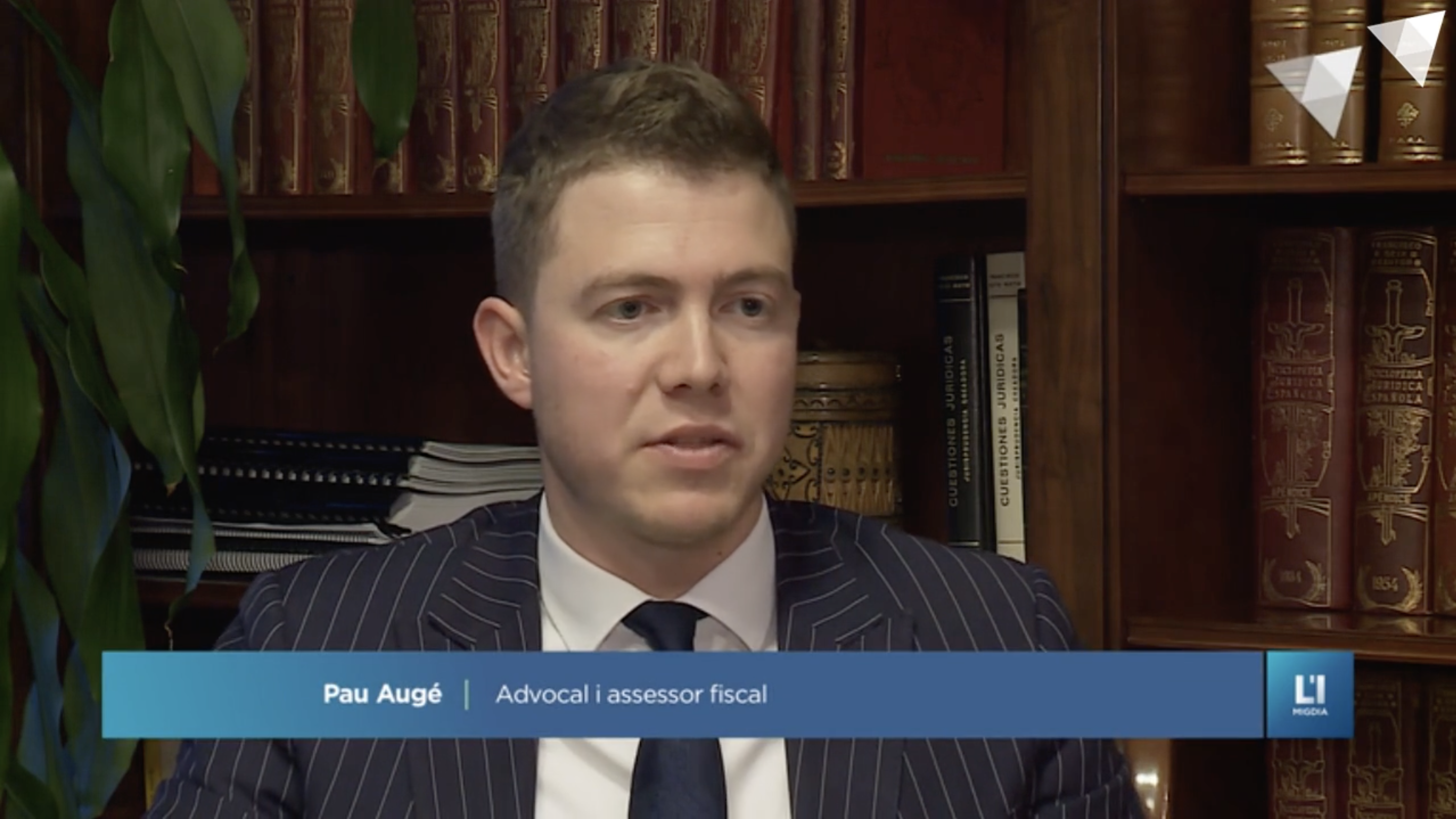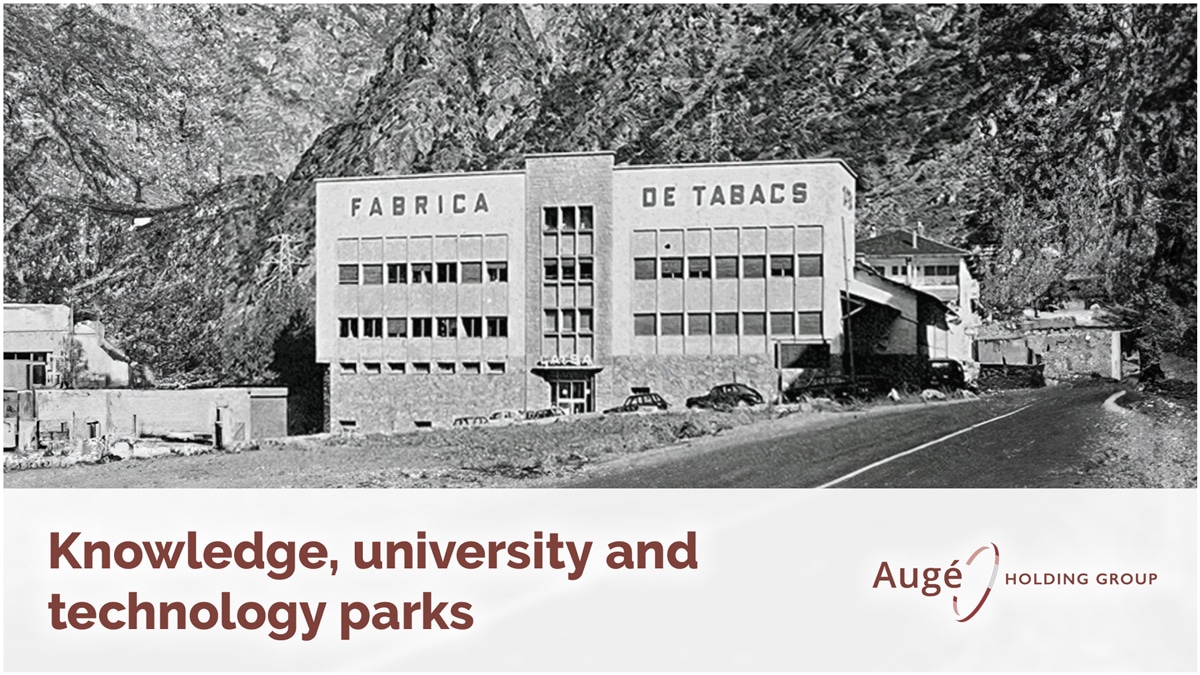Andorra: the necessary tax reform for the post-pandemic recovery
The public policies developed by the Government during the health crisis have provided important emergency support for individuals and companies during the pandemic, through an increase in direct aid and tax cuts to protect the productive fabric from the economic and social impact of COVID-19. Obviously, the public aid package has been largely aimed at increasing public investment in health care with the objective of controlling the pandemic and guaranteeing public health, while protecting the most vulnerable population.
However, all the health and social measures designed to combat the effects of covid-19 have led to the largest social spending in history. In fact, the economic consequences of the pandemic have contributed to a significant increase in the fiscal deficit, bringing it to historic highs, and contracting the rate of economic growth. With debt levels skyrocketing, the government has been forced to balance the books in order to face the road to economic recovery with guarantees.
One of the measures that have been evaluated has been the implementation of a tax reform to improve tax collection, contributing to recover the pre-pandemic levels due to the drop in tax collection suffered throughout the health crisis. Specifically, the tax reform project presented by the government, which is expected to come into force in 2023, focuses mainly on corporate taxes, and includes measures to promote equality and social cohesion, such as the implementation of tax incentives to stimulate the hiring of the vulnerable population.
Likewise, in order to activate the digitalization and modernization of the Andorran business ecosystem, the government has introduced what we could qualify as the “digital bonus”, which translates into the application of deductions for those companies that promote their internal digitalization processes. The deduction limitation currently known as the “deduction for new investments” will undoubtedly contribute to accelerate the paradigm shift based on e-commerce (without the tax reform penalizing this sector), and will allow boosting digital transformation projects in Andorran commerce.
Another of the deductions that will be introduced, and which represents a real novelty, will be that of donations related to social, cultural and sports patronage in order to encourage the sponsorship of entities in the Principality that carry out this type of activities, as is the case in other neighboring countries that also provide this type of tax incentive.
Additionally, the government has taken advantage of the tax reform to introduce another measure to try to promote the rental housing stock. Specifically, another reduction in the tax base has been introduced for those who receive income from rentals for their main residence, and whose income is less than 900 euros per month. However, on a practical level, this measure has almost no practical application, since very limited increases in rental payments (less than 20.-€ per month by the lessor) will continue to provide a higher return than benefiting from this incentive. Thus, its application will presumably be derisory and will have almost no effect in slowing down the rise in rental prices.
Another of the modifications envisaged in the reform is the elimination of the capital gains tax, a taxable event which will be completely integrated within the direct taxes: IRPF, Corporate Income Tax or IRNR, depending on each case. Thus, technical duplicities will be avoided by first being taxed first by a tax dedicated solely to the taxation of capital gains and then applying the deductions to avoid internal double taxation, in order to be taxed directly only once in the direct tax that is applicable.
However, the star measure of the tax reform is the establishment of a minimum effective corporate income tax rate of 3% for companies with profits, in order to avoid that after the application of deductions and other tax incentives, they end up paying nothing in corporate income tax, even if they close the year with profits. Thus, Andorra, with a nominal corporate income tax rate of 10%, with the possibility of reaching an effective rate of 0% after the application of compensations and deductions to the tax base, will modify its internal mechanism for calculating the minimum tax rate, always ensuring the 3% tax on profits, regardless of the applicable incentives.
The measure, therefore, aims to guarantee a fair and equitable tax contribution, while aligning itself with the latest OCDE guidelines that support the existence of a minimum effective corporate tax rate that avoids the erosion of tax bases and the transfer of profits between countries. Thus, the government has wanted to take steps forward in the homologation of the Andorran tax framework with the European environment, while preserving the special tax regimes provided for in our tax system.
For practical purposes, it is a tax reform that preserves nominal tax rates, and only affects corporate taxation, modifying some deductions and introducing new ones to adapt them to the new economic reality of the country.
We must consider that, although the measure is correct in order to preserve the fiscal competitiveness of the Andorran economy, as a fundamental element to continue attracting foreign investment, we cannot fail to qualify its slogan (effective rates of 3%) as unrealistic.
That, de facto, the effective tax rates of companies with profits would be a minimum of 3% would imply the modification of the Patent Box regime for the exploitation of intangibles of article 23 of the Corporate Income Tax Law, as well as the exemption for dividends contained in article 38 of the same law for the Holding regime. Additionally, we cannot forget that companies that obtain income abroad can apply deductions to avoid international double taxation and that, likewise, the taxable amount in the Principality of Andorra can be equal to 0. A similar case can occur between administrations of the same territory, in which some companies that obtain taxable income in communal taxation figures can apply deductions to avoid internal double taxation and that, consequently, the amount of taxable income in the central administration of the Principality of Andorra can also become non-existent.
However, the positive aspect for foreign investment is that, with the planned tax reform, we will continue to be at the forefront of European countries with the lowest tax burden at all levels.
Thus, the aim of the reform project is to introduce tax measures that will have a positive impact on economic growth without compromising the sustainability of public accounts. In short, we are moving towards a much more modern tax system, with better collection mechanisms, and at the same time, without losing an iota of physical competitiveness, which we must continue to preserve as it is one of our best letters of introduction to the outside world. Who knows if the next tax reform will involve a slight upward correction of the marginal rates of the General Indirect Tax, as has already been recommended to the Principality’s executive by renowned legal firms?
The Management
Augé Legal & Fiscal





